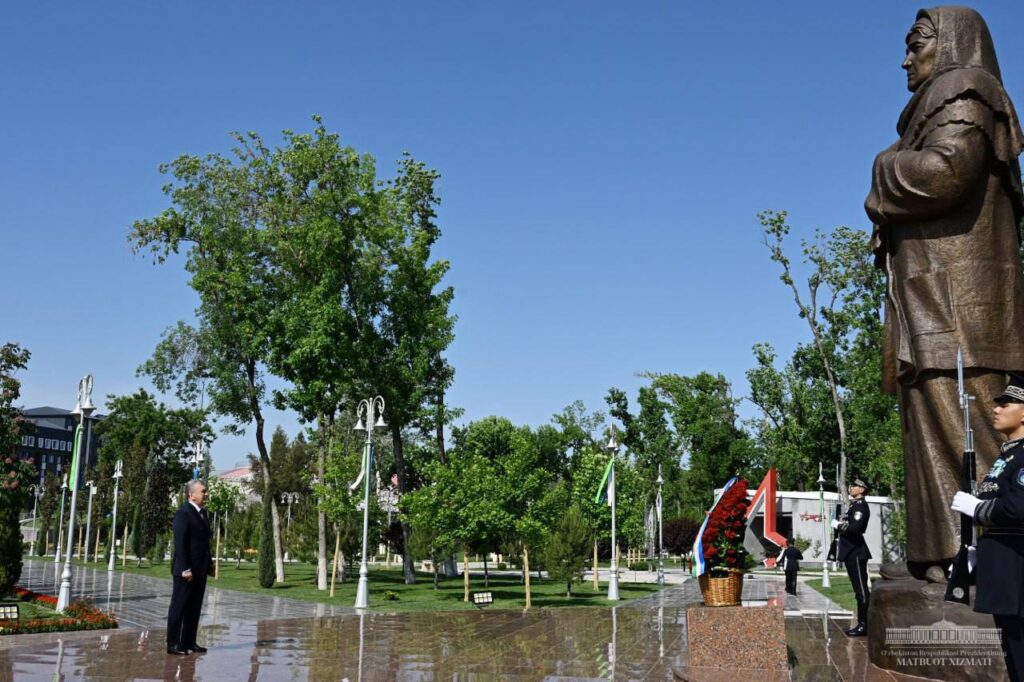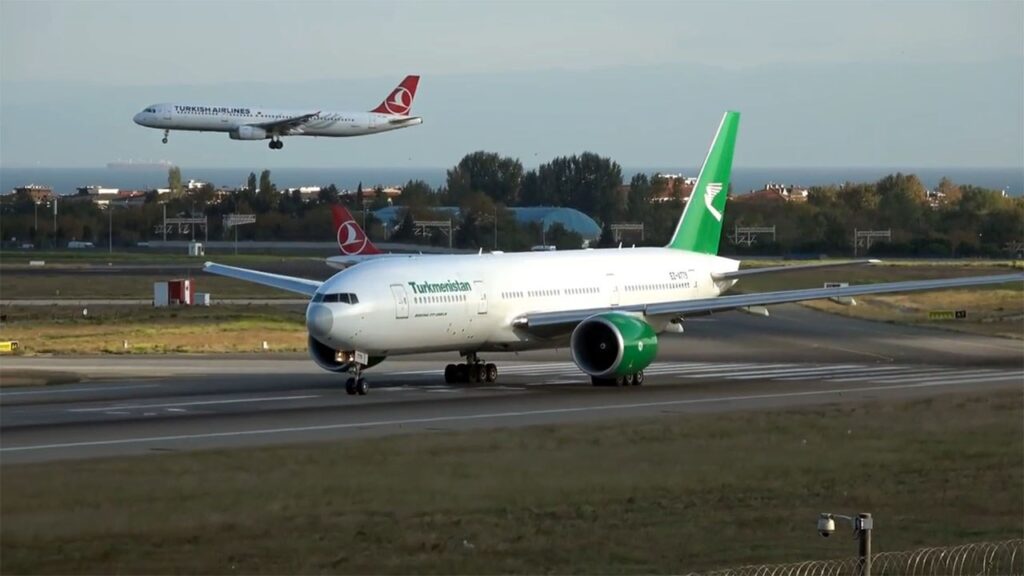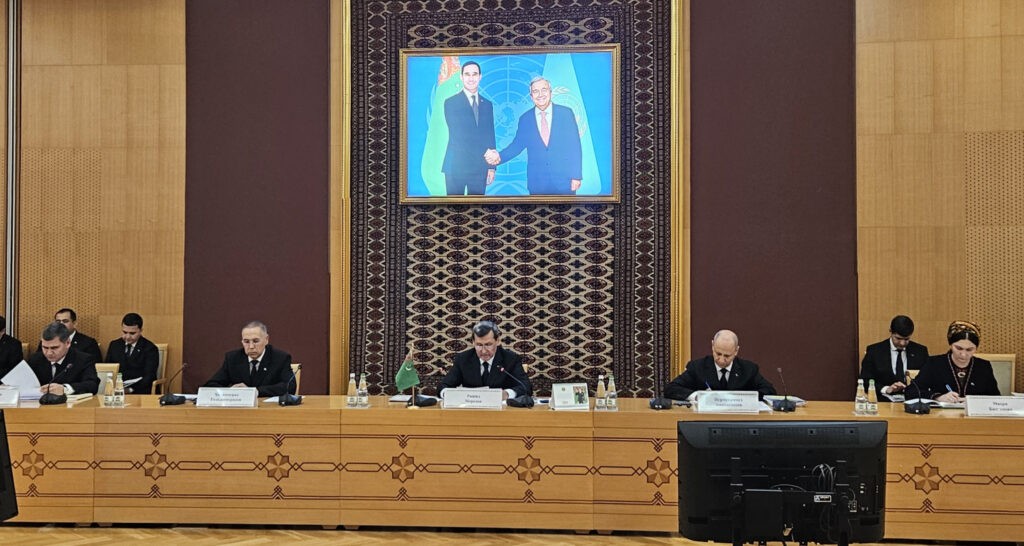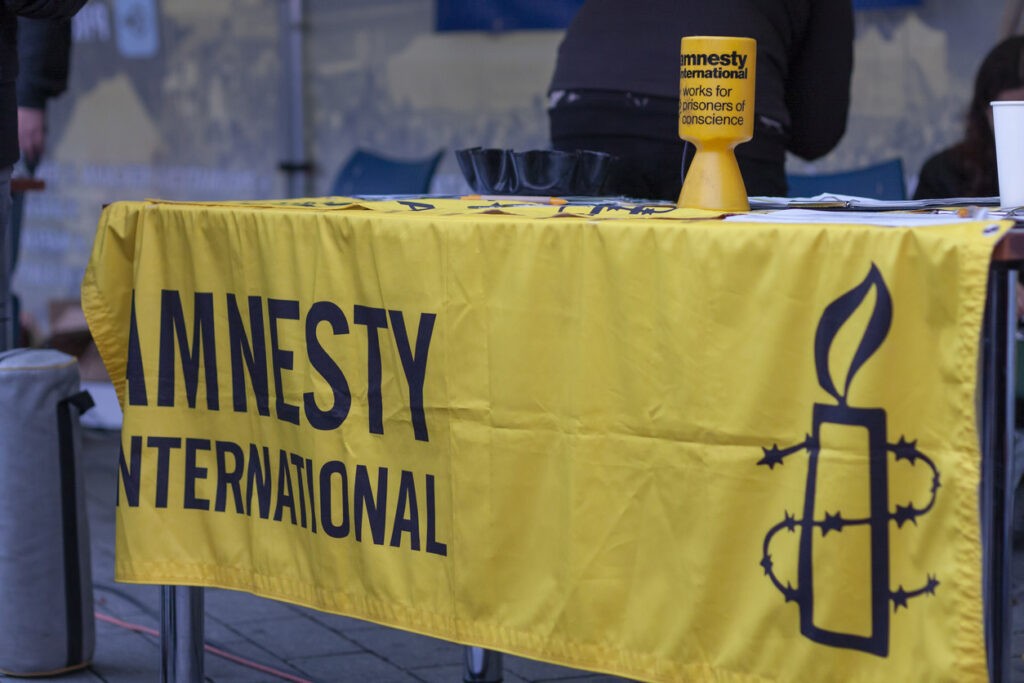Central Asian Countries Allocate Various Sums to WWII Veterans
According to the news publication Centralasia.media, countries in the region will be awarding funds to veterans, survivors, and those affected by World War II in honor of Victory Day (May 9). The payments will range from $10 to $6,825. The government of Turkmenistan allocated the smallest amount for gifts to veterans. On behalf of the President of the Republic, 200 manat ($57 at the state exchange rate or $10 at the black-market exchange rate) will be given to the participants in the war. It's not clear how many people will receive the payments. According to the report, Kazakhstan’s one-time payment to soldiers who served at the front is 1.5 million tenge ($3,412). A total of 3 billion tenge (more than $ 6.8 million) has been allocated from the country's budget for the so-called bonuses for veterans. This money will be distributed to more than 50,000 people who are related to the Great Patriotic War in one way or another. Among them are front-line workers, residents of besieged Leningrad, and the widows of soldiers. There are 148 veterans of WWII front-line combat in Kazakhstan. Those veterans can also expect payments, the amount of which will be determined by local authorities. However, it has been confirmed that a total of 3 million tenge ($6,825) was allocated to six veterans from Kazakhstan's Akmola region on the occasion of the May 9 holiday. In Tajikistan, 24 front-line combat veterans will receive 40,000 somoni ($,3662) as part of the national campaign recognizing contributions to the Great Patriotic War. In Kyrgyzstan, meanwhile, 100,000 som ($1,113) will be allocated from the fund of the President of the Republic to each participant in the conflict before May 9. According to the press service of the President of Uzbekistan, a one-time monetary award of 20 million som ($1, 578) will be given to every participant and disabled person affected by World War II. On May 9, Uzbekistan marks the Day of Memory and Honor, and the 79th anniversary of the victory in World War II. On May 8, President Mirziyoyev attended a memorial ceremony and laid a wreath at the Ode to Fortitude monument in Tashkent’s Victory Park. In a statement, Mirziyoyev congratulated veterans and the entire people of Uzbekistan on “the glorious holiday of May 9 - the Day of Memory and Honor and the 79th anniversary of the Great Victory in World War II. Today, commemoration events are being held in all our cities and villages, where we again remember how much grief and incalculable losses the cruel war brought to our people,” the president said. During the Second World War, almost two million soldiers were mobilized from Uzbekistan to the front. More than 538,000 died, more than 158,000 went missing, and 870,000 were injured, with 60,000 returning from the front disabled. Over 170 plants and factories were relocated to Uzbekistan from western regions of the Soviet Union occupied by the Nazi Germany. “Our people sent a huge amount of military equipment, weapons, medicine, clothing, and food...








